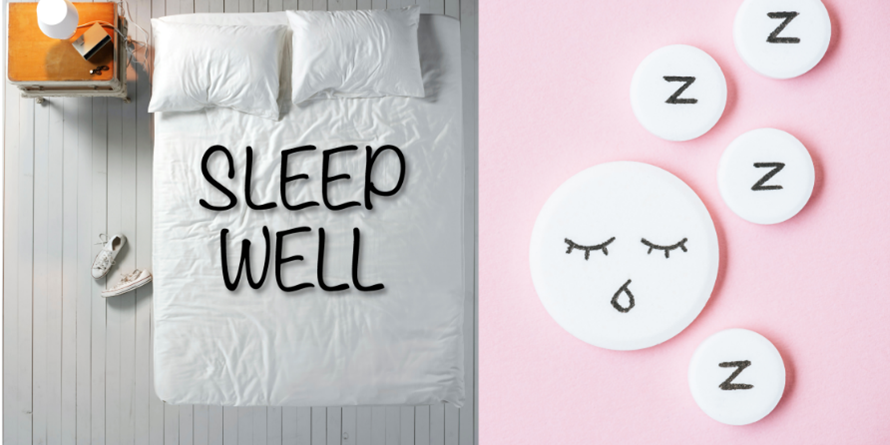Whilst everyone can have difficulty sleeping from time-to-time, certain factors can make it more likely for some people to experience ongoing sleeping problems, known as insomnia, which can start to affect day-to-day life.
Poor Mental Health
People experiencing problems like anxiety and stress often have racing thoughts, muscle tension and a faster heartbeat which makes it difficult to relax and sleep well. Some people experiencing depression may oversleep during the day and stay awake at night troubled by different thoughts and feelings.
Stressful/Traumatic Life Events
Such as money, work or family worries, redundancy or the break-down of a relationship. When someone experiences a life-threatening danger, abuse, or crime whether recently or in the past. People with Post-traumatic stress disorder (PTSD) may relive traumatic events through distressing dreams, flashbacks or night terrors and may also experience hyper-vigilance or alertness to danger which may make it very difficult to sleep.
Physical issues
Needing to get up to go to the toilet more often (particularly common in older people), menopause, pregnancy, high blood pressure, diabetes or thyroid problems can all affect sleep.
Working night shifts
Working through the night can upset a person’s natural body clock which is set to be awake during the day and asleep at night. It can also be harder to sleep well during the day if you’re disturbed by light and noise.
Age
Older people tend to need less sleep and sleep lighter, waking up more times during the night.
Pain or Medication
Pain or discomfort caused by health conditions like arthritis or a long-term/severe illness. Some medications such as antidepressants can disrupt sleep – talk to your doctor if you’re concerned.













